During the early days of my loss, I was hit in the face with such excruciating pain, I wanted to jump out of my skin.Those around me, for the most part, took their cues from me as to how to be there for me.I was starring in a new role and winging it as I went along.
People offer condolences in many different ways. I experienced all the ways.There were offers to go to lunch, flowers (lots of beautiful arrangements)cards, food and just love. A few people cried with me and didn’t look down on my tears. Even now, when I gather with a few, and as we recall that time, the tears will come.We carry these memories within us even after many years have passed.Often something might ignite a memory and make us feel wistful, melancholy, and sad. These natural feelings are embedded within us as an indelible reminder of persons we’ve loved and lost, and they can be awakened without warning every now and then.
Many folks cannot possibly understand why after the initial shock of loss, it’s so difficult to recover and go back to normal. As I have said many times we will never be “normal” again, and we are on the road to our “new normal” which will occur by-and-by.
I want to tell you what I remember about adjusting to never being able to see my husband again. The first night was very tough. My son and brother rearranged my bed so I could just slip into it.They removed the evidence of what had occurred that morning when my husband passed away in our bedroom.
When I got into bed for the first time, without my husband beside me, the bed felt very empty. I stuffed the other side with pillows so I wouldn’t feel his absence and would be able to get some rest. It worked and I would continue to stuff his side with pillows for many years to come.

In the morning when I woke up and went to the kitchen to make my coffee I opened the cupboard and saw my husband’s mugs that he used to make for his morning tea. Seeing those cups tore me apart and I stood there weeping,trying to figure out how I would ever get through the days ahead.
Empty slippers, robes, brushes,a toothbrush lying beside mine, still, never to be used by Chuck again. His clothes, and books and the things he used in life enveloped me in sorrow as I longed to see him one last time. When I would go into the bathroom and look at the set of two towels,his embroidered with his initials,I would stand there in a state of shock and cry until my eyes were blurry.
At night when I would go to sleep, bed stuffed with pillows, I would cover my head with my fluffy down comforter drifting off to sleep only to awaken to the same heartache and suffering the next day. Groundhog Day was my new normal.

In the ensuing weeks if some news was shared, I immediately would want to tell Chuck, but then realized he wasn’t here. When friends, Jane and George, came to visit me after he had passed away, I was so happy to see them and went to tell Chuck when I remembered that he was dead.Dead, dead, dead, getting used to the D word was the worst for me, as I blundered my way through this new landscape that I never imagined becoming a part of. The word held so much finality within it, that I rarely used it and preferred to say that my husband had passed away…or left the planet.
I would sit in my husband’s black leather armchair, and try to “feel” him. Initially when I would do this, I would stick my hand down the side of the chair and find little trinkets,or a note. I began to imagine he’d slipped these little “gifts” there for me to find and hoping I’d find comfort in them after he was gone. Sometimes I would even wander through my home looking for signs of his return, but soon I began to feel increasingly mad, unstable, and a bit crazy as I tried to manage my day to day grief and maintain my sanity. I could go on and on about losing my best friend of 22 years who had captured my heart and then disappeared. I’m sure a few friends thought I had abandoned them,but they never knew that I was no longer who I once was and I was struggling daily not to fall off a cliff.

I recount the details of this period in my grieving journey, so that those who think that mourning is a brief walk in the park will understand the layers of emotions one endures after losing a spouse.
There will be many people who will compare their life experiences to your loss. I suppose they do this to make you feel better and to encourage you to get on with your life. They want you to see how lucky you are as compared to whatever experience they’ve been through. I’m here to tell you that comparing different experiences to someone who is in the midst of grieving is one of the worst offerings of sympathy that one can give. I have yet to meet one person who has lost a spouse who was happy to hear how someone else’s experience should make them feel “lucky” that they’d only lost their spouse”. It’s as if they’re telling you to get over it because things could be far worse.
No one can ever know what someone goes through after they’ve lost a spouse unless they’ve had that experience…..period. Try to understand that when someone dies, a part of the person dies with them, and that their life as they knew it has been turned upside down, and that they are feeling like they are losing their mind. This explanation may help those who want to share words of comfort and not statements that diminish the grieving person’s sorrow or ignores what they’re going through. The more one truly knows how to be there for those who have lost a spouse or anyone, hopefully the more patient one will become with them.
I was pretty lucky when it came to having people around me who could ride the waves with me. Those who could not – I let go. Remembering that those who grieve aren’t being self indulgent, they’re not just whining, they are heart brokenhearted and in unimaginable pain. They’re trying to make their way in the wilderness on a dark and prickly path.They need people to listen to them unceasingly, be a shoulder to cry on, give the occasional hug, and never admonish or compare (to divorces, others’ losses, separations, less than stellar childhoods). Never, never make those who grieve feel as though they are doing something wrong.And for those who are on a grieving journey,do not feel obligated to listen to folks who hurt with words. Tell them to STOP and then say,“Let me tell you how it is………”

To find out more about how you can heal after loss read Brave in a New World:A Guide to Grieving the Loss of a Spouse available on Amazon http://tinyurl.com/jnjs5fu

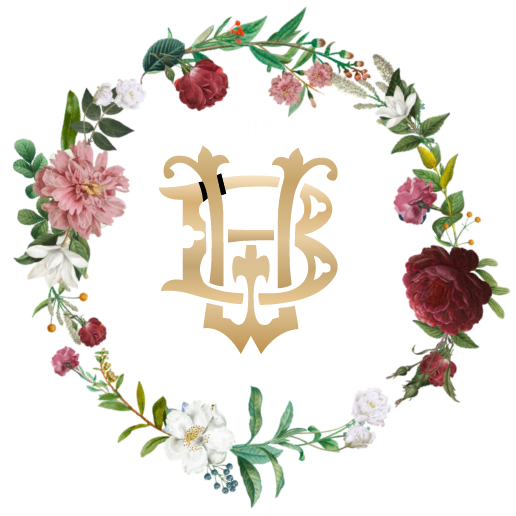
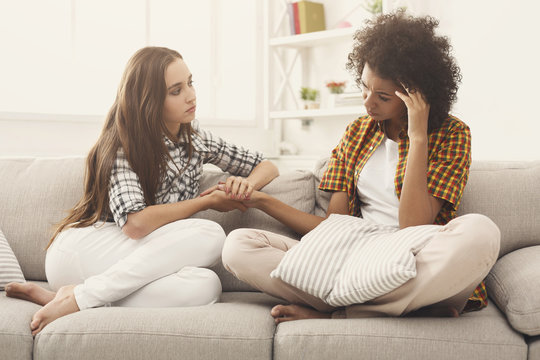
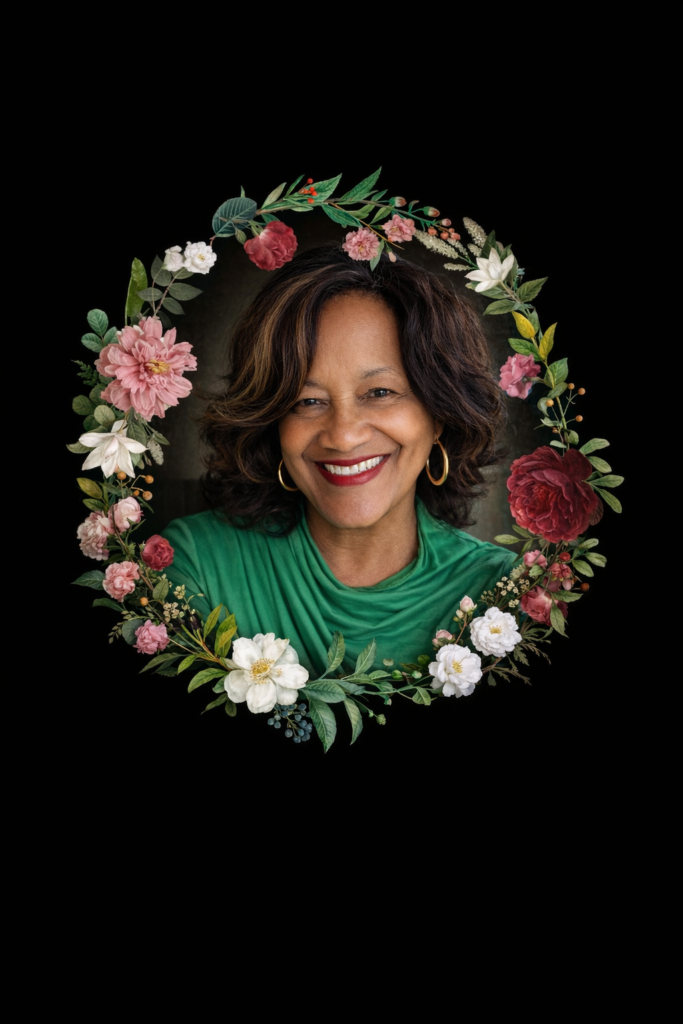
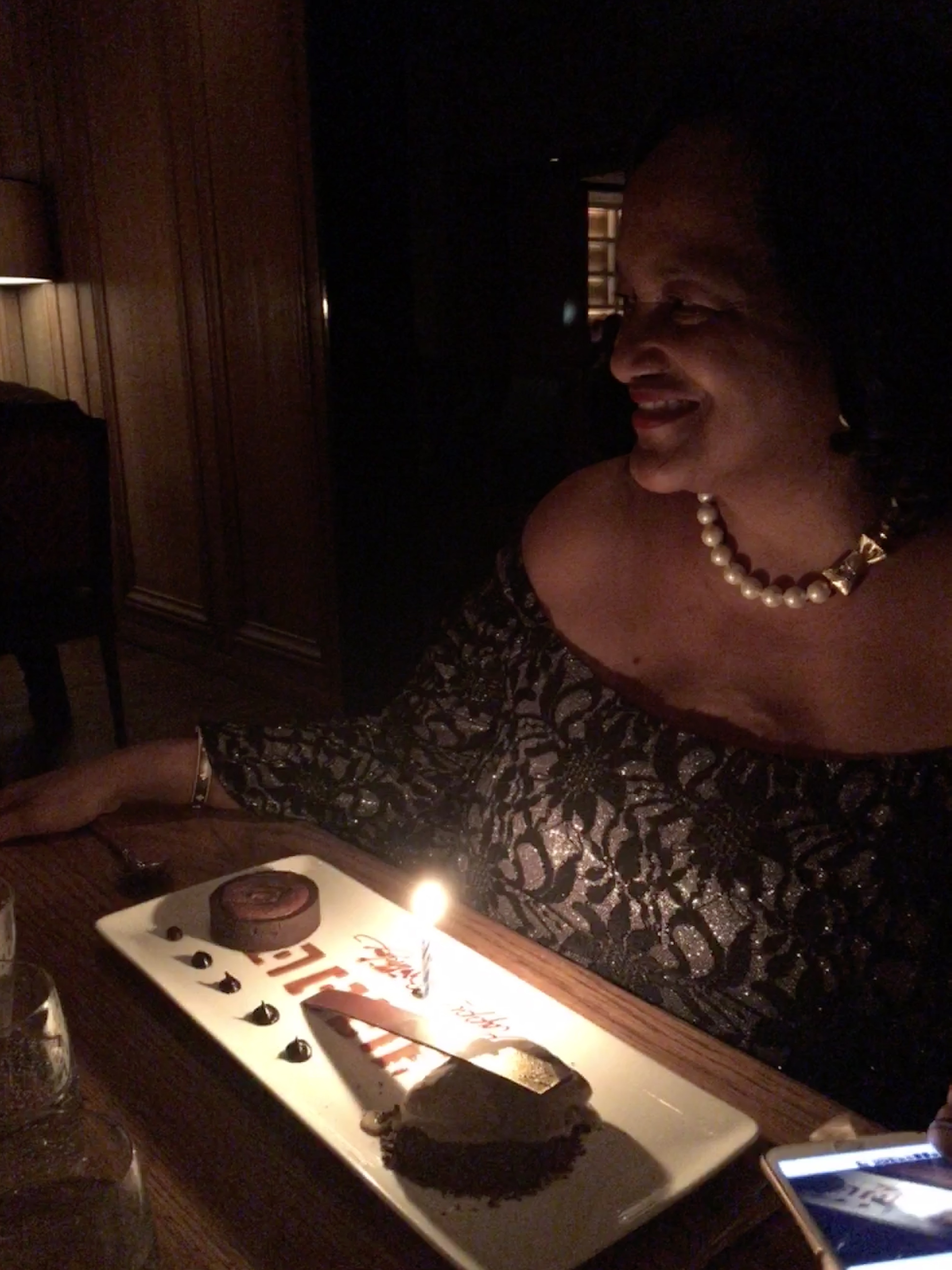
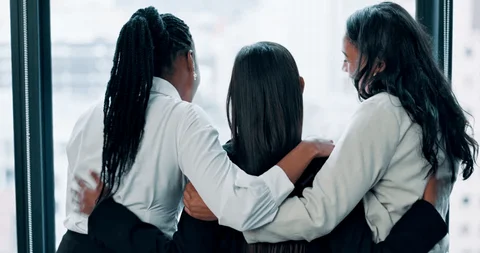
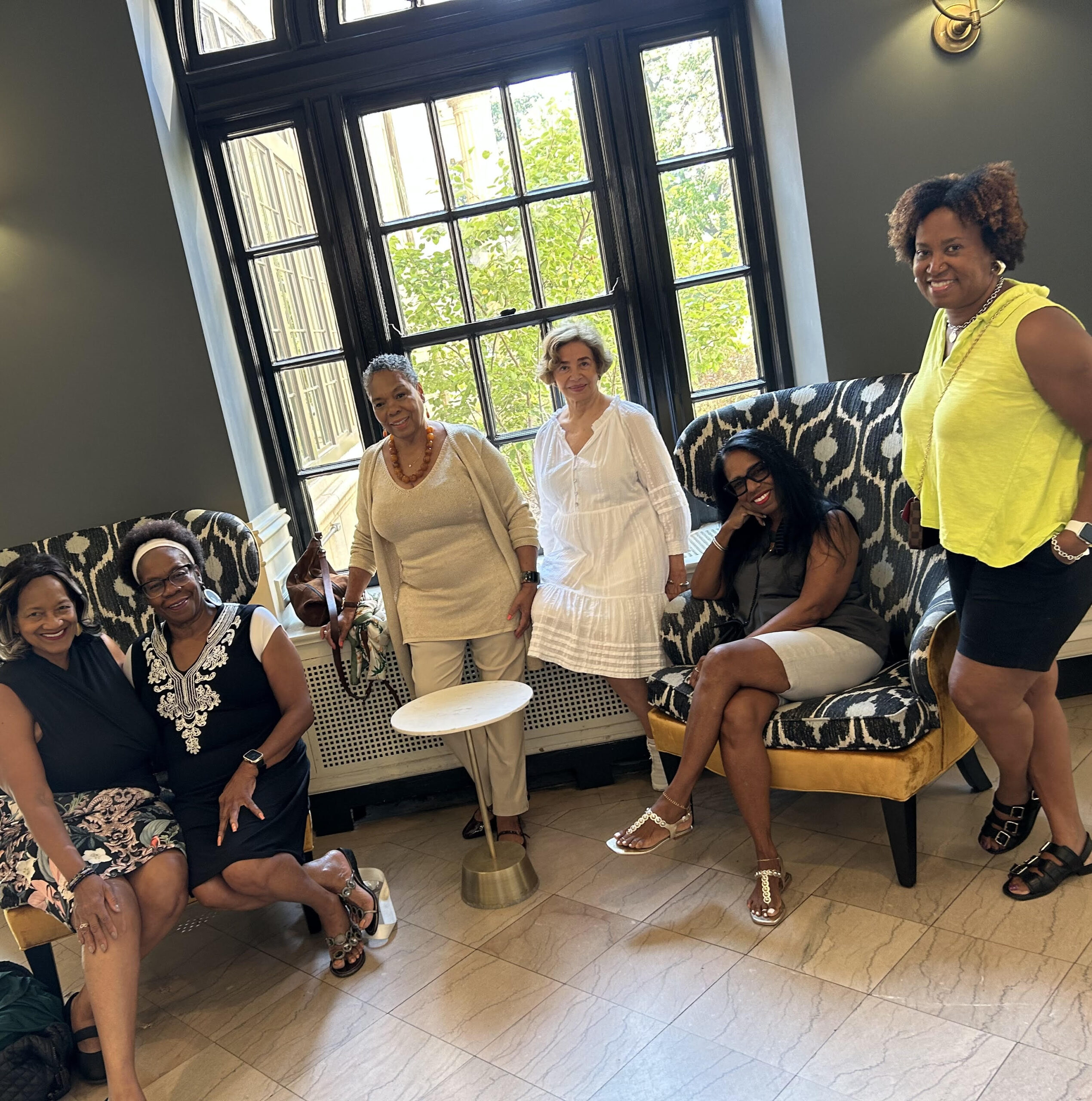

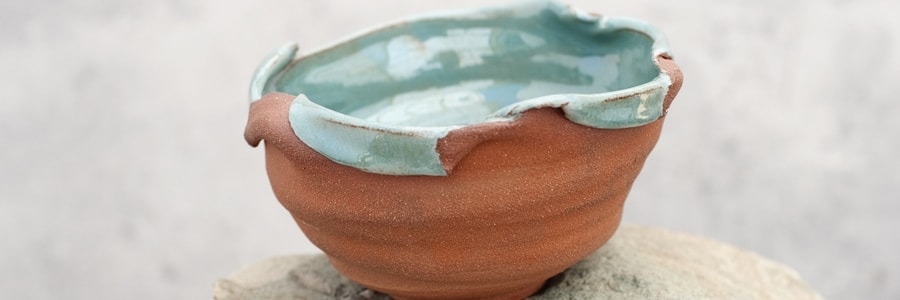

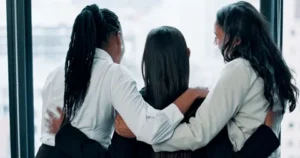
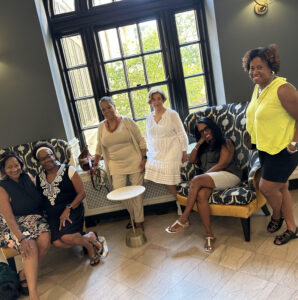



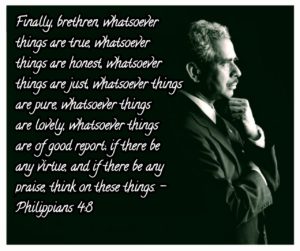
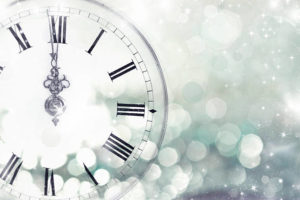


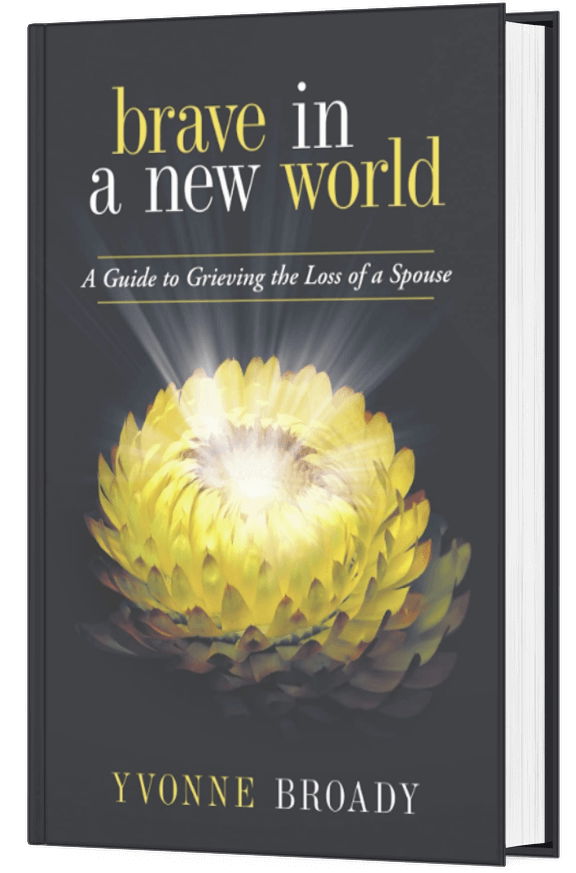

0 Responses
Thank you, Yvonne, for putting into words what I went through, too. What struck me was the way you described the “D” word…dead…Dead…DEAD. I hated using that word because it was so stark, so cold, so rough. My Lou had “passed away.” It was a kinder, much more gentle way to describe it…but not the feelings I had. They were stark and horribly rough. She had died. She was dead. It was final and she was never coming back. And I was stuck with grief enough for both of us.
To live with that, and to continue to live in the home we had made with her things still there was like existing in a museum, a shrine to her. I, too, plodded through my daily routine, thankful that I had one that I could go through without thinking, or I’d have never gotten out of bed. My body would get up, get dressed, turn on my PC, open the blinds to another day of the same grief, loneliness, and longing, and make my coffee. My mind, then, would often catch up with me and I’d realize I was sitting on the sofa staring at the world outside with a cup of coffee in hand. This was my “new normal.”
Thankfully, over time, my new normal would evolve until I realized that I didn’t want to live in a museum, a time warp where everything would remain the same EXCEPT for me. I was changed. It took a while, but I began to change my home to fit ME and my new, changed life. It was enormously freeing and I began to not only feel better and happier, I began to have GOOD memories of Lou that would bring a smile to me. I knew then that I was healing.
At first, I did have some friends who would come to the door and leave meals on my front porch but who never knocked or rang the doorbell because they either thought I needed my alone time or didn’t know what to say to me. There were some who would visit to check up on me, and most would correspond by email daily. It was easier for me to correspond by email because I could sit in the privacy of my home and weep without being seen while I wrote to them. As I began to get out more, those visits dwindled. It was okay with me because I really was able to face the world again…alone…and I was healing.
Sometimes, just after Lou had died, I’d get the odd email from an acquaintance who would write something just to fill the space, and it would set me off…telling me how “lucky” I was Lou died peacefully, or that she “was in a better place” now, or pontificate on how “strong” his or her mother was when she lost her husband. How would they know without having gone through such a loss themselves? The answer is: They CAN’T know without suffering that kind of loss themselves.
You were very kind in the way you put it…”Let me tell you how it is…” I must admit that I was not that kind with some of my responses, but we all eventually learn somehow. Thank you again, my dear friend and sister, for your insights.
Love and blessings to you,
Bob